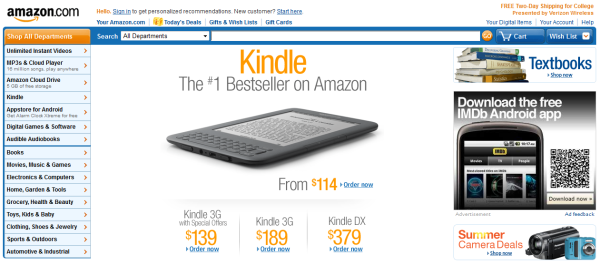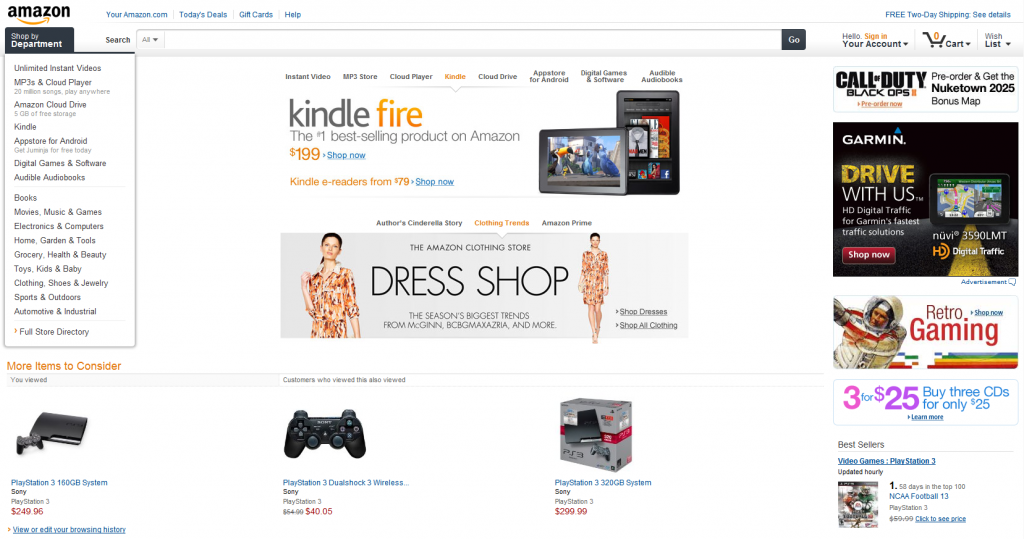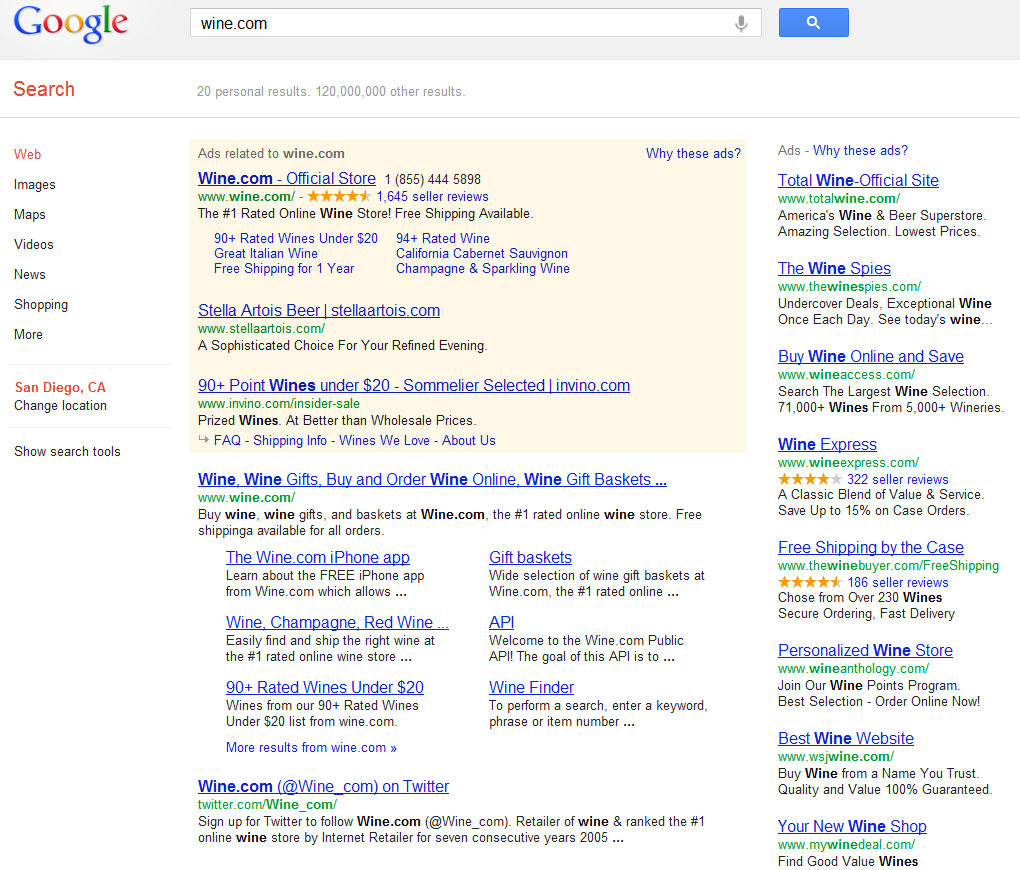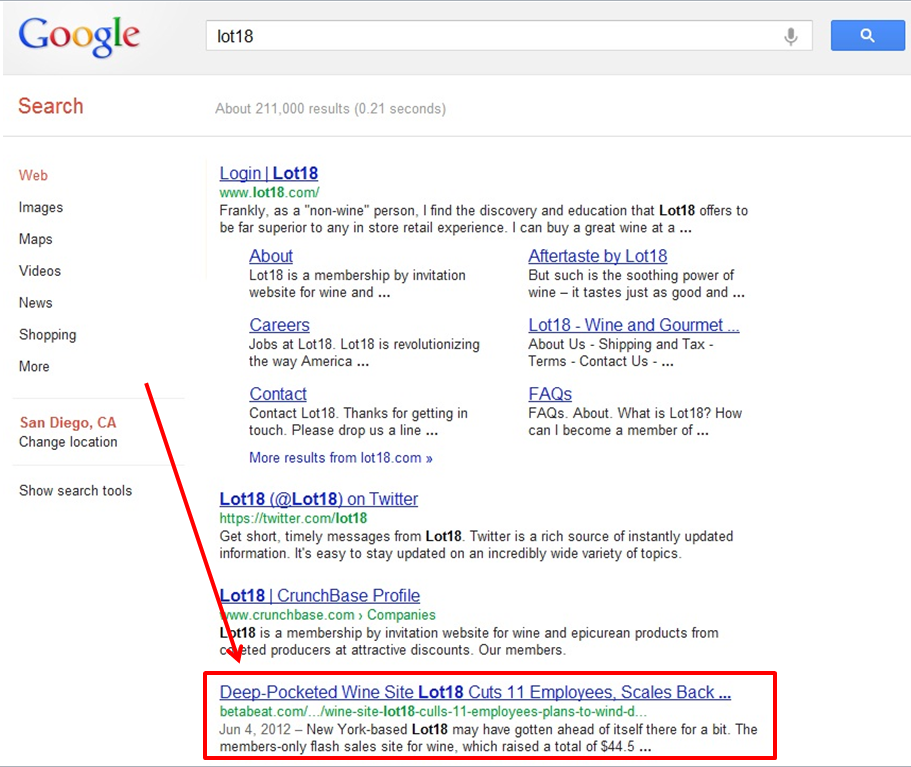Author: Matt Commins, Co-Founder of Fish Tank Media
I’ll be honest, not to say I’m never honest, I didn’t know what to write about for my first blog post for Fish Tank Media. I’ve been in the Search Marketing industry for six years, which honestly (there’s that word again) is scary it has been that long. I’ve read a ton of articles, books, and blogs within the search marketing industry. Trying to find something new and fresh can be a daunting task before a pen ever hits the pad.
As I was working on a client’s account a chat box popped up on my screen. A friend asked, “Should we be bidding on branding keywords with paid search?” As I started to explain my thoughts I realized this would be a perfect blog post.
So, why should advertisers bid on their brand name?
- Ad Copy Testing
- Landing Page Testing
- Increased SERP Domination
- Reputation Management
1. Ad Copy Testing
One of the biggest benefits of Paid Search is the ability to A/B test ad copy and more specifically, unique value propositions (UVPs). UVPs are competitive advantages (real and/or perceived) an advertiser has over its competitors. Examples of UVPs include: free shipping, customer service, wide selection, instant download, lowest prices, and so on. There are numerous ways to analyze what UVP is “better”: CTR, Conversion Rate, AOV, and Revenue p/Click. In a vacuum, I prefer to look at conversion rate because that is the most likely to have sustained performance over a long period of time. However, when evaluating performance it’s important to use the most important metrics for your business. Once you find the best UVP you can update the Meta Data on the home page with the “better” UVP, thereby giving potential customers information that is most important to them.
2. Landing Page Testing
About six months ago I noticed Amazon started performing landing page A/B testing for their branded keywords (screen shots below). Perhaps my next blog post will provide in-depth analysis as to why the new Home Page is “better” than its predecessor. Either way, Amazon went with the new page about two months ago and I’m sure they’re making more money.
Paid Search provides the most ideal testing environment, allowing for traffic to be equally distributed without traffic bias. Traffic bias is when users with different preordained biases skew the amount of traffic to a web page. Users coming from email or coupon websites will have a higher propensity to convert than users from social media channels such as Pinterest.
Amazon’s Home Page 6 Months Ago
Amazon’s Current Home Page
3. Increased SERP Domination
Sometimes Google doesn’t like to play nice and allows competitors to bid on your branded keywords. If advertisers do not bid on their brand name their competitors could take the prime real estate (above organic rankings) and steal clicks from you.
4. Reputation Management
The screenshot below provides an example of a company not bidding on Branded keywords with Paid Search. The screenshot shows what a typical user may see. Bidding on branded keywords provides an opportunity to push down negative content about your brand. The example below is what a user sees (above the fold) after performing a search. If this company was utilizing Paid Search, the negative content could have been pushed below the fold.
Conclusion: Bidding on branded keywords with Paid Search is essential for any business. It provides better control of the content users see in the SERP and most importantly, provides a better user experience by allowing advertisers to perform A/B tests with landing pages and UVPs in ad copy.




